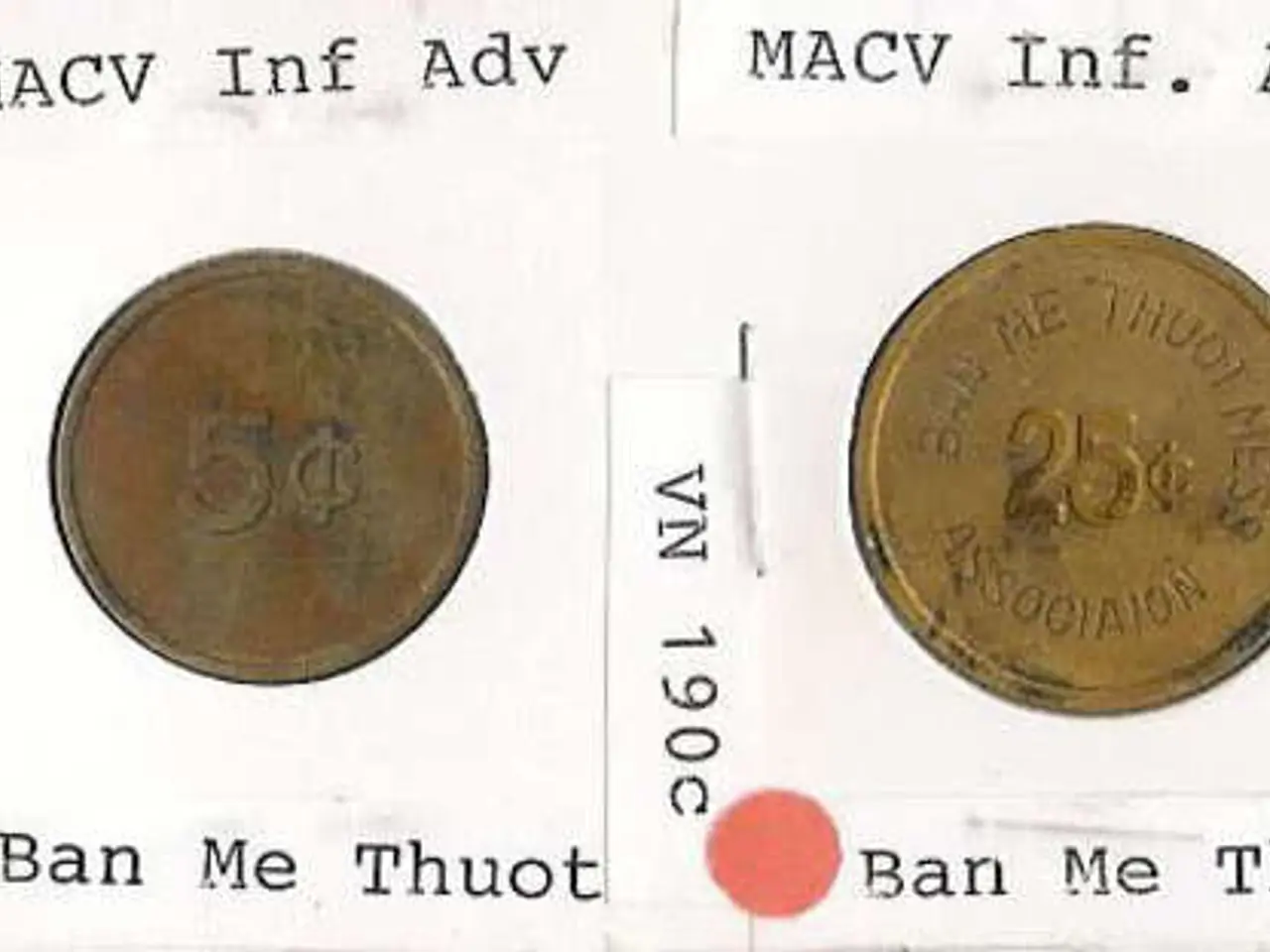Largest Electrical Vehicle Manufacturer Derides UK's Electric Car Subsidy as Foolish
UK's New Electric Car Grant Sparks Controversy with Chinese EV Manufacturers
The UK Government's recently announced Electric Car Grant, worth £650 million, aims to make electric car ownership more accessible for thousands of people. However, the scheme has drawn criticism from leading Chinese electric vehicle (EV) manufacturer, BYD.
Rationale Behind BYD's Criticism
BYD, the world's largest EV maker, has labelled the UK Government's Electric Car Grant as "stupid" and ineffective. The primary reasons for this criticism are:
- Insufficiency and Timing: BYD's CEO, Wang Chuanfu, believes that the subsidies are too small and too late, as the market is expected to be saturated with Chinese EVs by the time they take effect.
- Exclusion of Chinese EVs: The UK's Electric Car Grant criteria exclude Chinese EVs, such as BYD, due to concerns about their carbon footprint from manufacturing in countries with carbon-intensive grids.
- Counterproductive Measures: Stella Li, BYD's executive Vice President, argues that the subsidies are counterproductive and could harm the local market if withdrawn, likening them to a "drug" that would be difficult to wean off.
Impact on Chinese Car Manufacturers
The UK's Electric Car Grant, designed to support zero-emission transport, effectively limits the competitiveness of Chinese EVs in the UK market. Models from brands like BYD, MG, Omoda, and Jaecoo are unlikely to qualify due to stringent criteria related to carbon footprint and manufacturing locations.
However, BYD remains committed to expanding its presence in the UK and European markets, planning to create over 5,000 jobs through dealerships by 2026. The company's strategy involves offering alternative discounts to counteract the lack of government subsidies for its vehicles.
UK's Zero-Emission Transport Strategy
The Electric Car Grant is part of Labour's plan to phase out the sale of new petrol and diesel cars by 2030. The UK Government has also announced a £4.5 billion package to support the transition to zero-emission transport, with other measures including investments in charging infrastructure and cycling initiatives.
As the race for electric vehicle dominance continues, it remains to be seen how the UK's Electric Car Grant will impact the market and whether Chinese manufacturers will find ways to overcome the barriers to entry in the UK market.
- The finance and business sector in the UK might see a shift in the competitive landscape, as the insurance industry could potentially face changes due to the impact of the UK's Electric Car Grant on the general-news topic of the growth of Chinese EV manufacturers in the UK market.
- The political implications of the Electric Car Grant extend beyond the UK, as other governments and regions could take notice of the controversy surrounding the grant and have discussions about their own policies regarding EV subsidies within the broader industry of finance and policy-making.
- Technology will play a crucial role in the race for electric vehicle dominance, as Chinese EV manufacturers might invest in technologies that help them meet the criteria for the Electric Car Grant and compete effectively in the UK market, illustrating the intersection between politics, business, finance, technology, and general-news.




